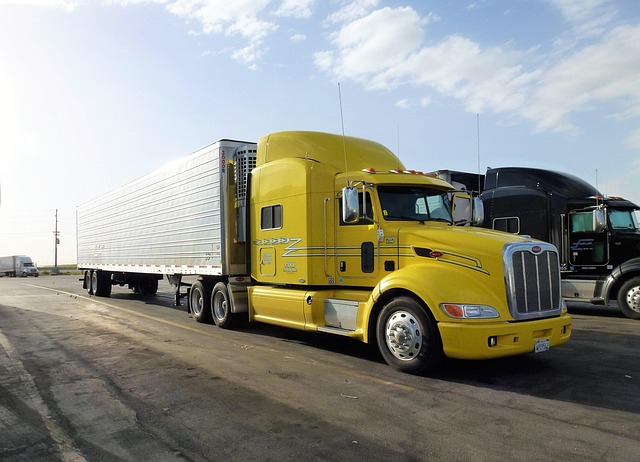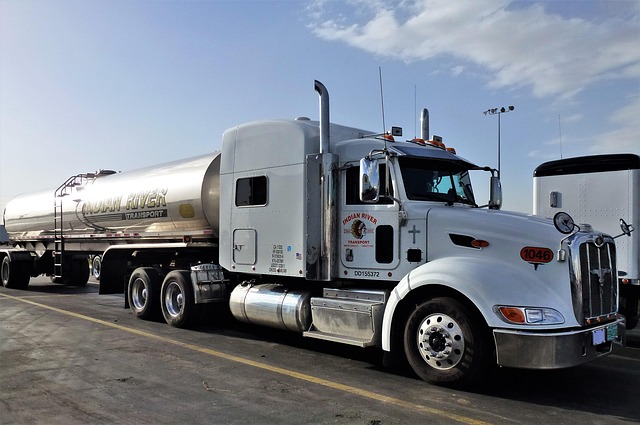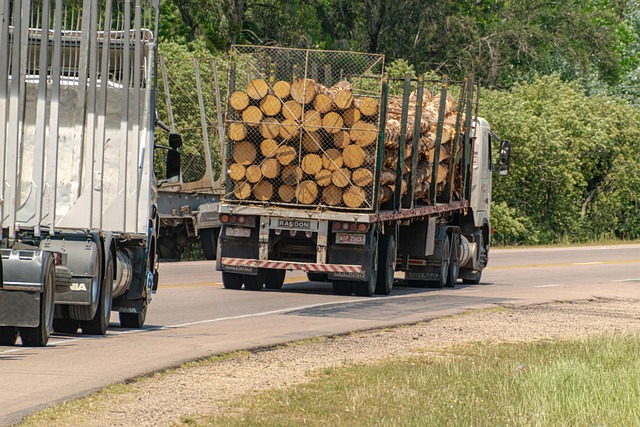Learn how to register your car in California with our comprehensive guide. This step-by-step process covers eligibility requirements, gathering essential documents for DMV VIN verification, and navigating the registration steps. We also address common issues and provide tips for a smooth experience. Additionally, discover what happens after completion, including maintaining your California vehicle registration to ensure compliance.
- Eligibility Requirements for Car Registration in California
- Gathering Necessary Documents for DMV Vin Verification
- The Step-by-Step Process of Registering Your Vehicle in CA
- Common Issues During the VIN Verification Process and How to Resolve Them
- After Completion: Maintaining Your California Vehicle Registration
Eligibility Requirements for Car Registration in California

To register a car in California, your vehicle must meet specific eligibility requirements. Firstly, it should be a vehicle that is legally allowed on California roads, such as cars, motorcycles, and recreational vehicles. Additionally, the car must have a valid and clear title, meaning you own it outright or have a lienholder who is willing to sign off on the registration. Another crucial step in the process is the DMV vin verification, which ensures that the vehicle’s unique identification number (VIN) matches the details on file.
For out-of-state vehicles, a mobile vin verification or inspection might be required before registration. This involves a professional using specialized tools to cross-reference the VIN with state records, ensuring the vehicle’s history aligns with what’s being claimed. Once all these conditions are met, you can proceed with the registration process at a California DMV office, completing necessary forms and providing required documents, such as proof of insurance and identification.
Gathering Necessary Documents for DMV Vin Verification

Before heading to the California Department of Motor Vehicles (DMV), ensure you gather all the necessary documents for a smooth dmv vin verification process. This includes your vehicle’s registration certificate, proof of insurance, and a valid driver’s license. Additionally, you’ll need the Vehicle Identification Number (VIN) from your car, which can usually be found on the vehicle’s identification plate or in its owner’s manual.
For a faster vin inspection, consider using mobile services that offer mobile vin verification. These services not only save you time but also provide convenience by allowing you to complete the verification process from the comfort of your home or workplace. Ensure the service provider is reputable and authorized to conduct such inspections in California.
The Step-by-Step Process of Registering Your Vehicle in CA

Registering a car in California involves several straightforward steps, ensuring your vehicle is safe for the road and compliant with state laws. Here’s a step-by-step guide to navigating the process efficiently. Firstly, gather all necessary documents, including proof of ownership, vehicle identification number (VIN) inspection, and current registration (if transferring from another state). You’ll also need to pass a smog test to verify your car meets emissions standards.
Next, visit a California Department of Motor Vehicles (DMV) office or use their online services for VIN verification. This step ensures the vehicle’s history is clear and helps in identifying any potential issues. After your VIN inspection and document validation, pay the registration fees, which vary based on your vehicle type. Once approved, you’ll receive a new California registration certificate and license plate, replacing the previous ones. Consider using a mobile vin verifier for added convenience during this process to streamline your experience.
Common Issues During the VIN Verification Process and How to Resolve Them

During the DMV VIN verification process, several common issues can arise, causing delays or even failure to register your vehicle. One frequent problem is inaccurate or incomplete vehicle information provided by the owner, which can lead to discrepancies during cross-referencing with the DMV records. To resolve this, double-check all details such as make, model, year, and VIN before initiating the verification. Keeping accurate records and ensuring all paperwork is in order can significantly streamline the process.
Another issue may be related to the vehicle’s condition or history, especially if it has been in an accident or undergone significant modifications. The DMV may require additional documentation or inspections to verify these aspects. Here, considering a mobile VIN verification service can prove beneficial. These services offer on-site inspections and use advanced technology to quickly and accurately assess the vehicle’s condition, resolving potential issues with the VIN verification process efficiently.
After Completion: Maintaining Your California Vehicle Registration

After successfully completing the registration process, it’s crucial to maintain your California vehicle registration to avoid any legal issues and ensure a smooth driving experience. One essential step is to keep track of your Vehicle Identification Number (VIN) verification. The California Department of Motor Vehicles (DMV) recommends regular checks to confirm that your VIN remains accurate and matches the official records. You can facilitate this process by utilizing services like mobile vin inspection or a vin inspection conducted by an authorized agent.
Regular maintenance includes updating any changes in ownership, ensuring accurate mileage records, and promptly reporting any alterations made to your vehicle. Additionally, staying informed about California’s registration renewal deadlines is vital. By adhering to these practices, you’ll contribute to a seamless and lawful operation of your vehicle in the Golden State.
Registering a car in California involves understanding eligibility criteria, gathering required documents, and navigating the step-by-step process. By preparing ahead with necessary paperwork for DMV VIN verification, you can ensure a smooth experience. Common issues during this process are addressable, and proper maintenance of your vehicle registration post-completion ensures compliance with state regulations. Remember, a well-informed approach to car registration in California is key to avoiding delays and ensuring your vehicle’s legal status.



